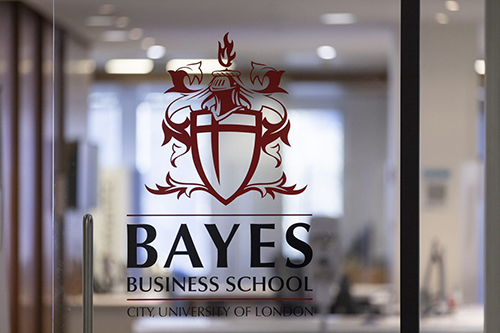Nationwide has responded to the most recent rise in interest rates from the Bank of England by launching a new current account with an initial five per cent interest rate for balances up to £1,500.
Dr Francesc Rodriguez Tous, Lecture in Banking at Bayes Business School (formerly Cass) said the move could prove highly beneficial for low-income consumers looking to preserve some of the value of their earnings against inflation rises.
“I would say it is a good deal for consumers, especially lower-income ones who can receive extra cash as well as benefitting from a zero-interest overdraft,” Dr Rodriguez Tous said.
“From the consumer’s perspective, it is a good idea to chase the highest interest rates or rewards as long as there are no hidden fees. Nationwide’s account offering is attractive, but with interest rates increasing the options from competitors are likely to improve significantly across the board.”
In a largely unprecedented move, customers can benefit from the rate for one year before the annual equivalent rate (AER) reverts to the more standard 0.25 per cent for a current account.
Dr Rodriguez Tous continued by urging caution among consumers when choosing an account that is right for them.
“The new competitive rate could spark a bidding war among banks which could be good news for consumers, as long as they are fully aware of terms and conditions.
“The catch for Nationwide’s current account – if there is one – is that the maximum balance qualifying for the higher rate is £1,500, meaning the highest amount of interest payable for the year is £75.
“Customers should compare benefits that they can obtain with the costs. Allowing them to use their overdraft when costs of living are raising might be seen as ethical, but of course if this leads to excessive borrowing by these customers this could make the situation worse.
“Nationwide is most likely doing this in order to attract a wide range of depositors that will stay with the building society after the first year, particularly as the economic situation might worsen.
“Small depositors tend to keep working with the same bank even in bad times. There are other banks that offer cash incentives to switch the account with them, although most of them do not do this — but this can change as more and more banks fight to increase their deposits.”
All quotes can be attributed to Dr Francesc Rodriguez Tous, Lecturer in Banking at Bayes Business School (formerly Cass).



